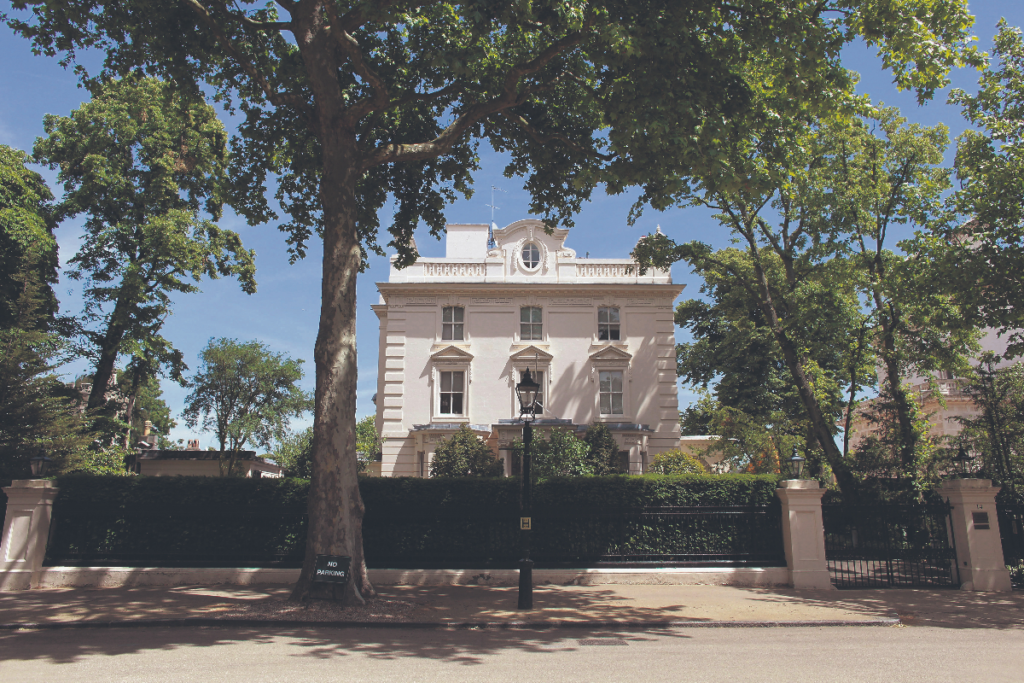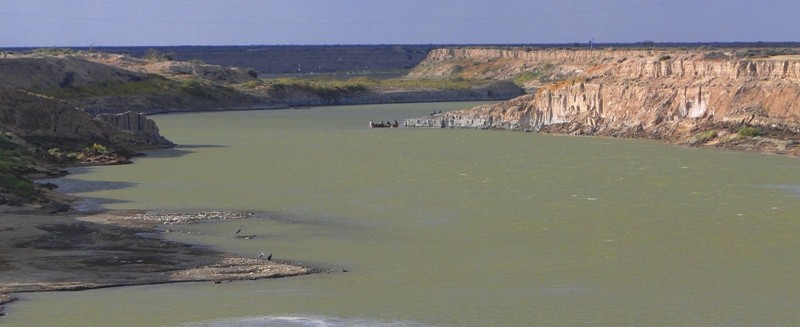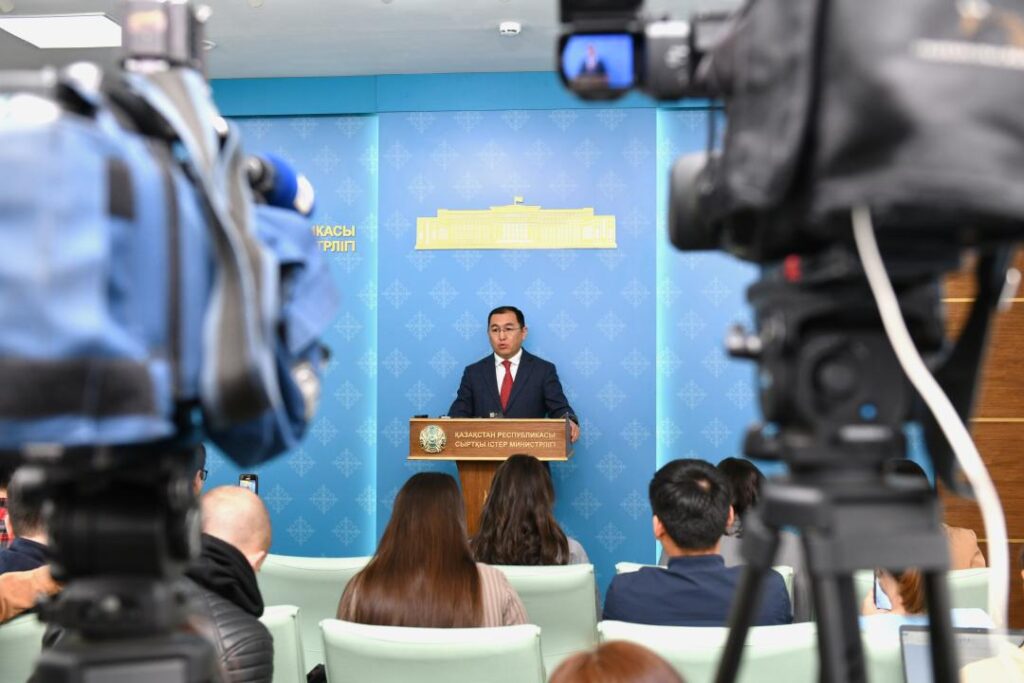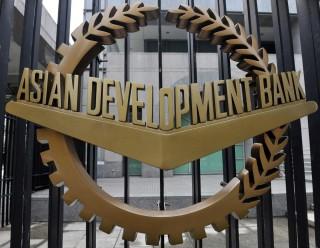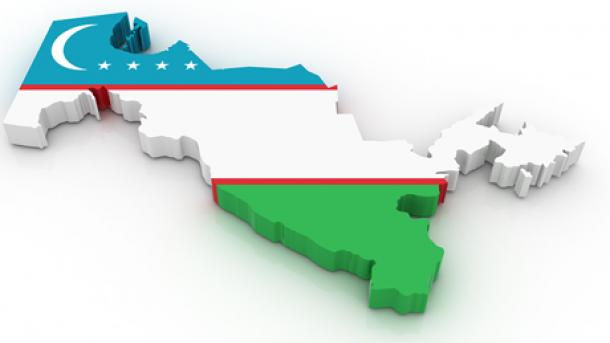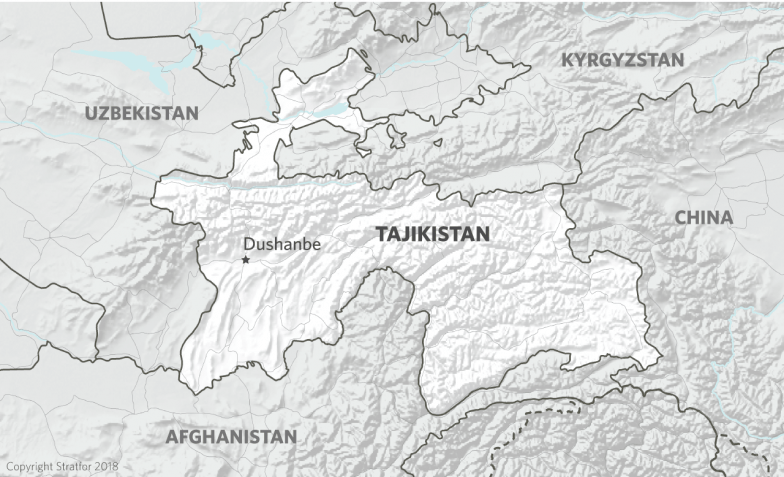ASTANA (TCA) — At a Government meeting on October 2, Kazakhstan’s Energy Minister Kanat Bozumbayev reported on issues of disposal and recycling of solid household waste in the country, the official website of the Prime Minister of Kazakhstan reports.
Pursuant to instructions of the Head of State Nursultan Nazarbayev to take measures for the timely disposal of solid household waste in order to reduce environmental pollution, the Ministry of Energy together with akimats (regional and municipal administrations) developed a project “Measures for Modern Recycling of Solid Waste with Involvement of Small and Medium Businesses”.
Bozumbayev reported that in accordance with the Concept on the country’s transition to a green economy, it is planned to bring the recycling share to 40% by 2030 and to 50% by 2050.
Every year, 5-6 million tons of solid waste is generated in the country. For eight months in 2018, the figure reached about 3.2 million tons, of which about 330,000 tons have been recycled and disposed of, which is 10.5%. This figure in 2017 was 9% and in 2016 — 2.6%.
To increase the share of solid waste recycling, work is underway to introduce separate collection of waste, develop the waste recycling sector with the production of recycled materials and attract investments, including through public-private partnership. The regulatory framework has been established and is being improved.
Thus, amendments were made to the Environmental Code on Waste Management. The minister noted that the ban has been imposed on the dumping of certain types of waste at landfills. In particular, since 2016, it is prohibited to dispose mercury-containing lamps and devices, metal scrap, waste oil and liquids, batteries, and electronic waste at landfills. From January 1, 2019, the ban on the disposal of plastic, waste paper, cardboard and waste paper, and glass will come into force. And from January 1, 2021, the ban on the burial of construction and food waste will come into force.
According to the Ministry of Energy, today there are more than 130 enterprises in the country that sort and process waste, and produce more than 20 types of products.
From 2018, the Akimat of Astana city, together with the Operator ROP LLP, is implementing a pilot project on organizing the separate collection of solid waste, processing and recycling organic (food) waste. If the pilot project is successfully implemented, the experience gained will be distributed to other regions.
Since 2017, as part of the extended obligations of manufacturers, funding has been provided for the collection and recycling of waste, such as plastic, polyethylene, cardboard, paper, glass and metal.


